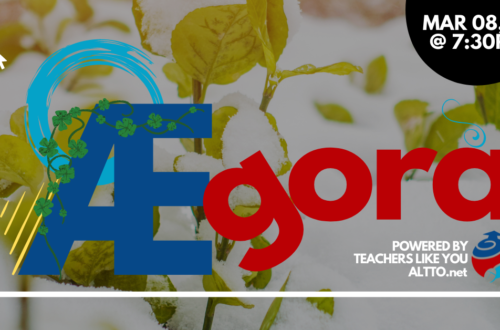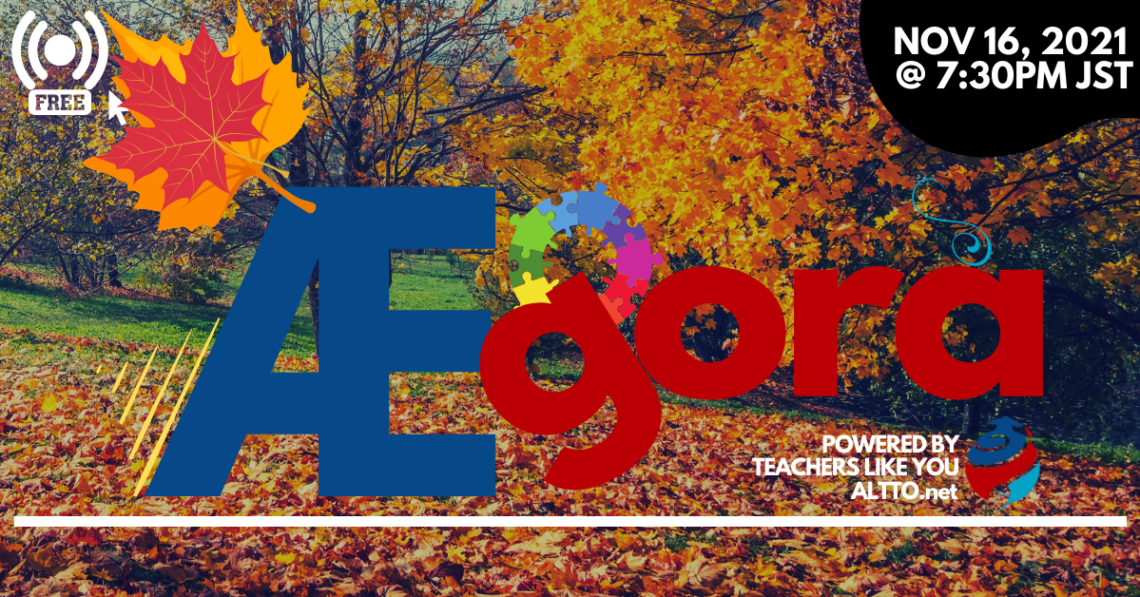
ALT Agorà ⑨ – November 16 – Register Now!
Red leaf, red leaf, what do you see?
“I see a new Agorà looking at me!”
This month we have 4 new speakers! Plus, Nathaniel Reed, the founder of ALT Training Online will be leading the show!

Event: ALT Agorà ⑨
When: November 16, 2021 (TUESDAY) @7:30pm JST (60 min)
Where: Zoom CLICK HERE TO REGISTER
***Please update your Zoom software to the latest version**
How to join: the link will be sent to your email address.
Follow us on FB: https://facebook.com/altagora
This month join us to talk about the following topics!
SPOTLIGHT: Introduction to CLIL
John Adamson (University of Niigata Prefecture)
In this Spotlight presentation, I will outline some of the underlying principles about Content and Language Integrated Learning (CLIL) and illustrate where and how it has been used at various levels of education. With its European origins, there are similarities with other terms from North America but for the purposes of this talk, the practicalities and problems of its application in various educational contexts will be discussed. The particular foci are how CLIL relates to the spread of English-medium instruction (EMI), the role of the students’ L1 (Japanese in most cases), and the role of the language teacher in accessing and applying materials and methods from the students’ content studies.
Room 1: Let’s talk about CLIL!
John Adamson (University of Niigata Prefecture)
I would like to take some of the themes from the presentation and relate them to the practicalities of teaching and learning in the contexts in which the audience members are active. Discussion groups are encouraged to consider various target student groups – elementary, junior/senior, university. The elementary discussion looks at the basic knowledge and skills that can be drawn upon from the students’ content studies to provide the base upon which a CLIL lesson or syllabus can be made – maths, local culture, school activities. This knowledge that is familiar to students needs to be combined with basic English in a way that appeals to students’ sense of exploration and purpose. The older secondary group discussion will consider the ways in which textbook themes can be extended to CLIL-style tasks, both to reinforce standard syllabus goals and remind teachers that future university English and content classes may adopt similar approaches to learning through English. The third discussion group will encourage members to discuss ways in which teachers at this level move into CLIL-style instruction by using Japanese-language materials (and possibly Japanese language) to enhance bilingual and content goals.
Room 2: Teaching writing-Eiken and beyond!
Elizabeth Scally (Private JH/SHS English Teacher)
Eiken productive skills demand a lot of our young learners. Where do you start with Eiken composition? How far can your learners go? I’ll share with you some approaches I take and some outcomes from my students’ efforts at writing for Eiken. Please share some techniques you use to encourage your students to express themselves in short compositions.
Room 3: Reflective Teaching Practices
Steven MacWhinnie (Hirosaki Gakuin University)
In reflective language teaching, teachers examine their attitudes, beliefs, assumptions, and teaching practices. Good teaching practices require constant self-assessment and reflection. This breakout room will focus on how beliefs about teaching and learning influence teaching. By recognizing both strengths and weaknesses participants will be better equipped to improve their teaching strategies.
Room 4: Improv Activities for EFL Students
Alex Crockett (Kyoto Prefecture ALT)
Can we use improvisational activities for practicing English in school? In this talk, we will discuss the motivations for using improv for students, examine the successes and challenges we experienced practically conducting it at the high school level, and explore how we can adapt these ideas for use in classes, events, or club activities.
The speakers that will join us for this event are:
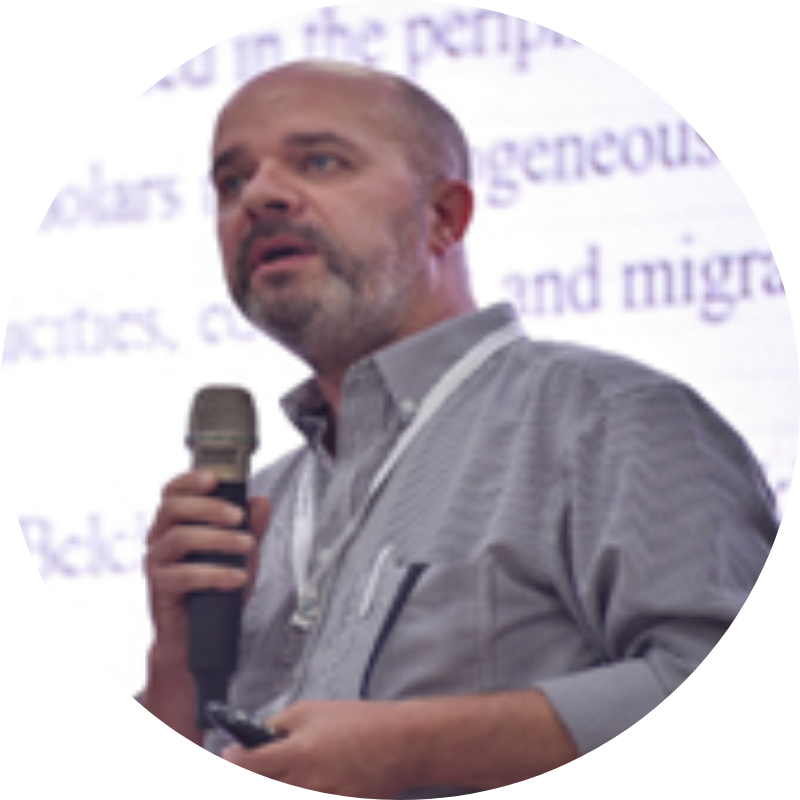
John Adamson (University of Niigata Prefecture)
John Adamson is a Professor at the University of Niigata Prefecture in Japan. As Chief Editor of Asian EFL Journal, he is active in editorial work. Having received his Ed.D. from the University of Leicester, he has pursued research in autonomy, CLIL and EMI, self-access, academic writing, and journal editing.
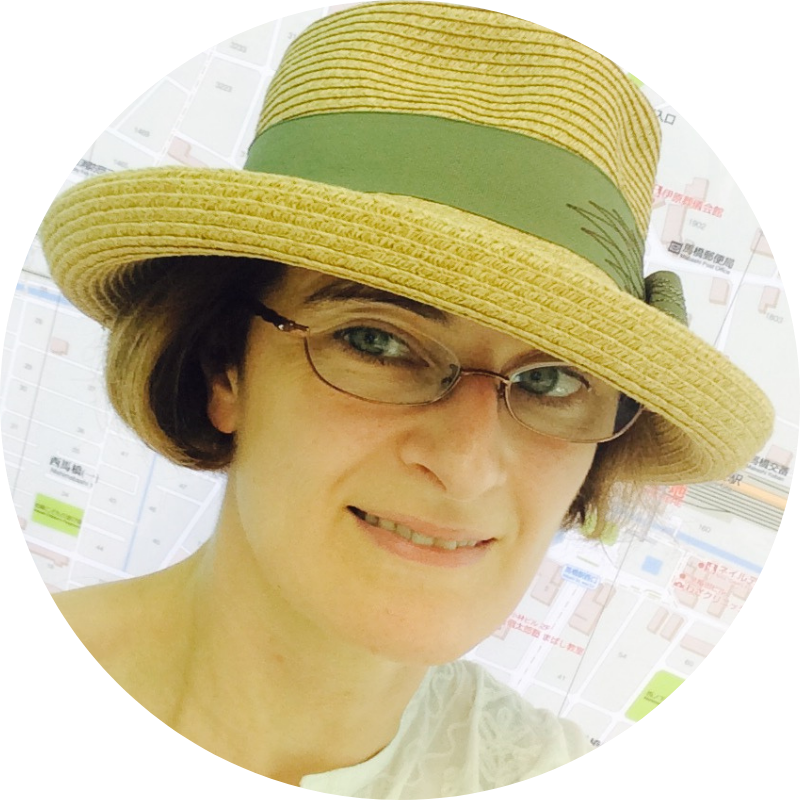
Elizabeth Scally (Private JH/SHS English Teacher)
Elizabeth Scally started teaching ESL in Canada in 1994 primarily to new Canadians and refugees. Since then, she’s been a JET Program ALT, program coordinator for municipal boards of education in Japan, and teacher at private high schools. Her focus is on composition and process writing.

Steven MacWhinnie (Hirosaki Gakuin University)
Steven G.B. MacWhinnie has been living and working in Aomori, Japan since 2007. He came to Japan after completing his bachelor’s in history. He later received his master’s in TESOL from Shenandoah University. He worked in elementary and junior high schools on the JET Programme before working as a part-time lecturer at Aomori Chuo Gakuin University. He also owned an English conversation school in Aomori city, which allowed him to work with students of all ages. He is now a lecturer in the English Department at Hirosaki Gakuin University, where he teaches writing, oral communication, and advises students writing their graduation theses. He is also currently working on completing a PhD in Applied Linguistics from the University of Leicester.
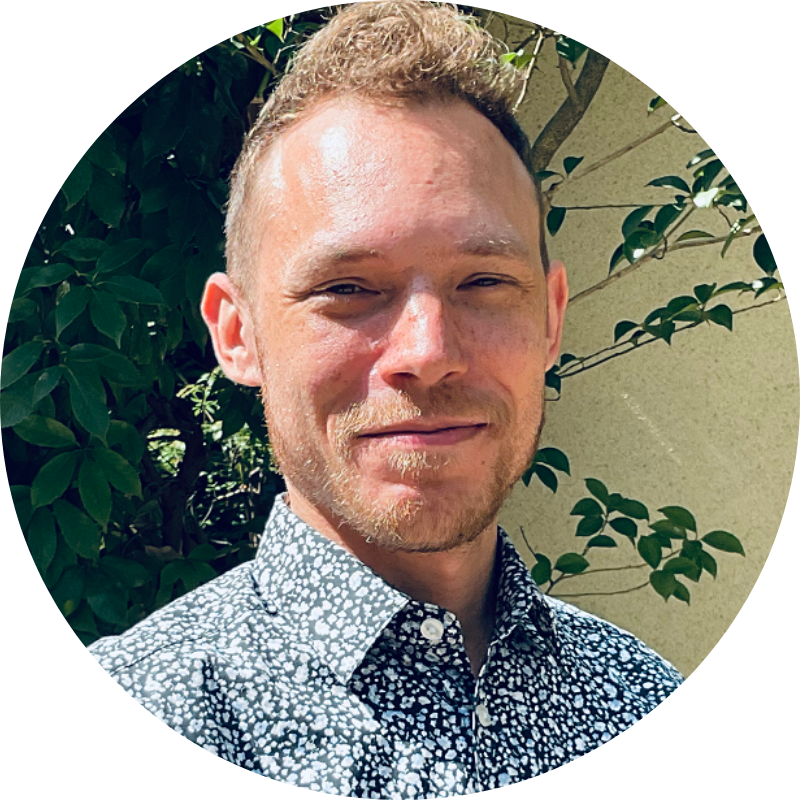
Alex Crockett (Kyoto Prefecture ALT)
Alex studied Computational Physics at the Pennsylvania State University, where his experience working in science outreach programs led him to pursue a career in teaching. He has been working as an ALT at Kyoto Prefectural Sagano High School since April 2018. His professional interests include using games, drama, debate, and public speaking for learning, as well as integrating technology with education.




